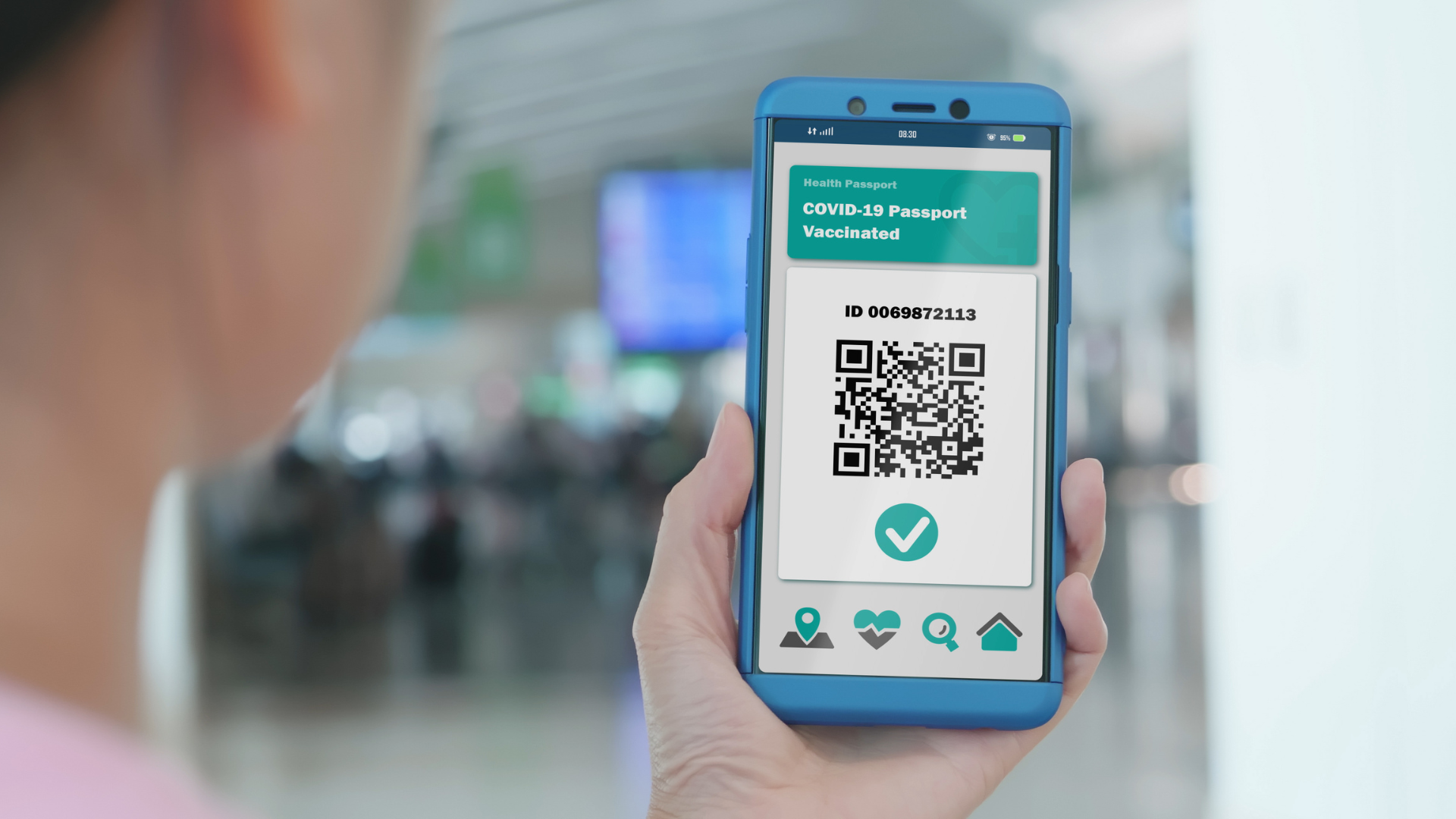The Complete Guide to QR Code Safety
With the rise of digital payments, QR codes have become a part of our daily lives. But with convenience comes risk—QR code scams are now among the most common cybercrimes across India. This guide covers everything you need to stay safe, recent high-profile incidents like the IISc Bangalore professor and the Koraput, Odisha frauds, practical safety measures, what to do if you’re scammed, official government reporting resources, and device-specific tips for both Android and iPhone users.

Understanding QR Code Scams
Real-World Cases
IISc Bangalore Professor Incident: A 30-year-old professor tried selling a washing machine on an online marketplace. A scammer sent him a QR code, asking the professor to scan it to receive payment. Instead, over ₹63,000 was siphoned off instantly. Such frauds have become rampant in Bengaluru, with 41% of cybercrime cases involving QR codes, links, or payment card details.
Koraput, Odisha Fraud: CSC (Common Service Centre) operators across Koraput lost over ₹5 lakh. Fraudsters would first gain trust by making small payments via QR code, then request large cash withdrawals. After receiving cash, they’d falsely report a cybercrime in another state, causing the CSC operator’s bank account to be frozen, leaving victims both financially and legally distressed.
Why are QR Code Scams So Dangerous?
- Invisible Threats: QR codes can instantly direct you to malicious websites, prompt payment requests, or steal sensitive information without any visual sign.
- Social Engineering: Scammers impersonate officials, buyers, or bank representatives to trick victims.
- Rapid Trends: Even after awareness campaigns, thousands of cases are registered each year due to evolving fraud tactics.
timesofindia.indiatimes
How Can You Stay Safe from QR Code Scams?
Essential Safety Tips
- Scan Only Trusted Codes: Never scan a QR code from an unknown or suspicious source—only scan codes from official company materials, government agencies, or trusted organizations.
- Double-Check for Tampering: Scammers often paste their own QR code stickers on top of genuine codes, especially in public places. Check for overlays, misalignments, or loose stickers before scanning.
- Use Secure QR Scanning Apps: Prefer built-in phone camera or reputable apps from official app stores—these often detect malicious links or alert you to suspicious activity.
- Check URLs Before Proceeding: After scanning, always verify the URL you’re being sent to matches the official domain. Never enter banking logins or OTPs from links opened via unknown QR codes.
- Beware of Unsolicited Payment Requests: You never need to scan anyone's QR code to receive money—only to pay. Scammers exploit this misconception, especially on buy/sell marketplaces.
- Update Your Devices: Always keep your phone’s operating system, security patches, and apps updated for the latest protections.
- Avoid Public Wi-Fi: Don’t process QR code payments or logins on unsecured networks that could allow hackers to intercept your data.
- Enable Extra Security: Set up two-factor authentication (2FA) for banking and payments.
If You've Been Scammed
Immediate Steps
- Contact Your Bank/Wallet Provider: Report the unauthorized transaction and request to block your account or card immediately.
- Change Passwords: Update passwords for affected financial apps and email accounts.
- Report to Authorities:
- National Cyber Crime Reporting Portal: cybercrime.gov.in (for all types of online fraud)
- Helpline Number (India):
1930or155260(available for immediate support in case of financial cyber fraud) - For Odisha: Contact local cyber police at
0671-2305485or send complaint tocid-cyberpetition@gov.in.
rbi
- Track Your Complaint: Use the reference number given during complaint registration to follow status updates and next steps.
Government Websites and Portals for Reporting Cybercrime
| Platform | Purpose | How to Use |
|---|---|---|
| National Cyber Crime Reporting Portal | Report all forms of cybercrime | Register, file detailed report cybercrime.gov.in/Accept.aspx |
| Anonymous cybercrime complaints | No personal details required | |
| Indian Cybercrime Coordination Centre (I4C) | Nodal point for coordination | Agency-driven, not for public |
| Local State Police Cybercrime Cells | Regional support | Contact details vary by state |
| Odisha Crime Branch (for Odisha incidents) | Special focus on Odisha region | Phone/email/portal |
Device-Specific: How to Prevent QR Code Scams on Android & iPhone
Android
- Grant App Permissions Wisely: Avoid installing QR scanner apps that ask for unnecessary permissions (contacts, messages, etc.).
- Install Security Apps: Use mobile security solutions like Quick Heal or others with scam detection and safe browsing features.
- Keep OS & Apps Updated: Regular updates patch known vulnerabilities.
- Disable Install from Unknown Sources: Only allow app installations from Google Play Store.
iPhone
- Use Built-in Scanner: The iOS Camera app is secure and doesn’t need extra permissions.
- Try Secure QR Code Scanner if Needed: Apps like Trend Micro’s QR Scanner check the safety of URLs before opening and block dangerous links.
- Review App Permissions: Ensure scanner apps don’t request unnecessary data access.
Summary of QR Code & Cyber Crime Keywords
✔️ QR Code Safety
✔️ QR Code Fraud Prevention
✔️ QR Phishing
✔️ Cyber Crime Reporting
✔️ Digital Payment Safety
✔️ Mobile Security
✔️ UPI/Payment App Scam
✔️ Secure QR Scanner
✔️ Government Cybercrime Helpline
✔️ How to Report QR Fraud
✔️ Android QR Scam Security
✔️ iPhone QR Code Settings
✔️ Bengaluru QR Code Scam
✔️ Odisha Koraput CSC Scam
Final Word
Never scan a QR code you don’t trust. To receive money, no QR scan is needed—only to pay. Spreading awareness, being cautious, and utilizing all available security options are your best defenses in the digital age.
If you or someone you know has faced digital fraud, remember to report at the National Cyber Crime Reporting Portal and call the Government of India’s Cyber Crime Helpline 1930 or 155260 for swift assistance.
misrut believes in empowering everyone with technology-related information to help them stay safe online. To know more, visit www.misrut.com.
